The auto industry is being disrupted, and companies will master it only if they shed their historically insular approaches to thinking and operating.

Until just a few years ago, automakers were at the center of a business concentrated on affiliated functions -- financing, parts supply, logistics and retail dealerships.
But that ecosystem has quickly evolved to include many new stakeholders: cities, ride-sharing operators, government agencies, technology and telecom providers, media and entertainment companies, transit service providers, energy companies and utilities, financiers, entrepreneurs and -- most crucially -- consumers.
In that expanded ecosystem, collaboration among stakeholders will be mandatory. Data will be more accessible and openly shared. And the ultimate goal will be to create a fulfilling customer experience, not simply sell more cars.
We've identified five radical changes that will allow automakers to meet these challenges.
1. Innovate: Creating new business models requires innovation that stresses more diversity of thought and speed of design, and even embraces risk and failure. Our experience indicates that few automakers around the world are truly engaged in innovating to revolutionize how they operate.
2. Connect with consumers: Automakers need to view consumers as individuals for whom products, experiences and services must be personalized. That will be especially true as consumers have more and different mobility choices and experiences. But manufacturers typically lack an ongoing relationship with consumers.
3. Open to external collaboration: There have been success stories of cities and automakers working together, but an effective model for broad collaboration hasn't yet materialized. The new opportunity is for automakers to openly share technology, data and expertise. And that will require them to re-evaluate assets that have long been considered secret, and to share risks and rewards.
4. Step up in the talent war: Traditional company policies, compensation models and incentives are preventing the industry from attracting and retaining the talent needed to innovate. Technology companies and startups are drawing away a wealth of engineers, technologists and data scientists -- the very disciplines that are disrupting the auto industry. Automakers must learn to develop talent in unconventional ways or face a distinct competitive disadvantage.
5. Move beyond outdated operating models: Automakers must design new operating models for old business units to compete in the mobility industry. This doesn't mean abandoning core businesses. It means pulling relevant capabilities out of them, and being able to transfer knowledge and innovation to them.
The call for continued, rapid innovation is spreading across the automotive value chain.
Thirty automotive suppliers have been announced as finalists for the 2017 Automotive News PACE Awards. They are doing what's necessary -- confronting today's disruptive trends and taking a leadership role in driving new technology into vehicles and improving future mobility, fuel economy and safety. Winners of the PACE Awards will be announced April 3 at an awards gala in Detroit.
Automakers, suppliers, retailers and others in the ecosystem must all recognize that innovation and reinvention are now prerequisites to survive.


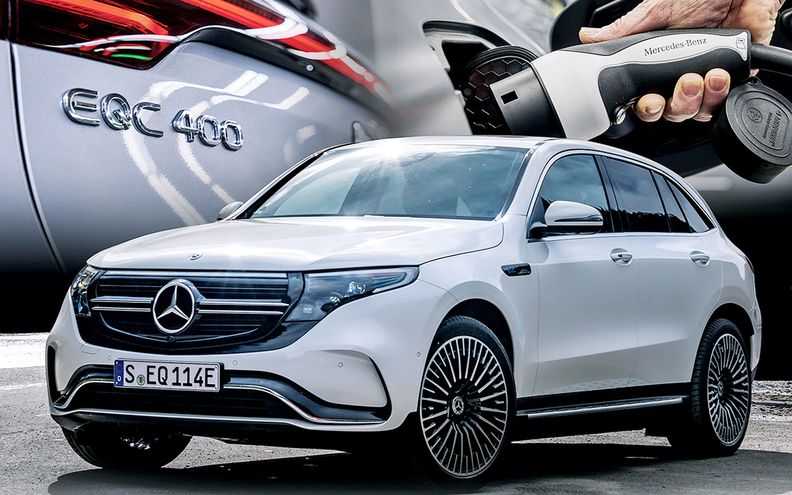
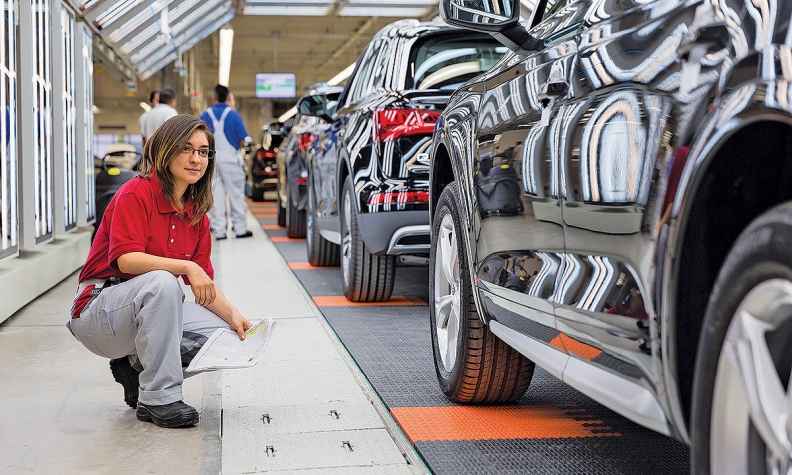

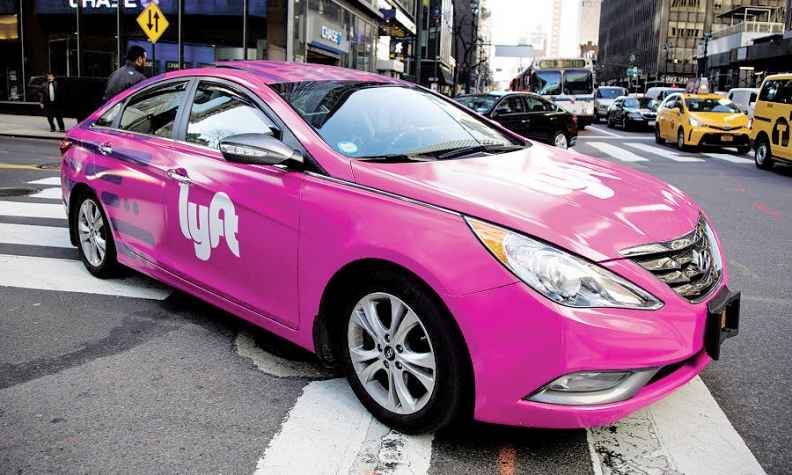
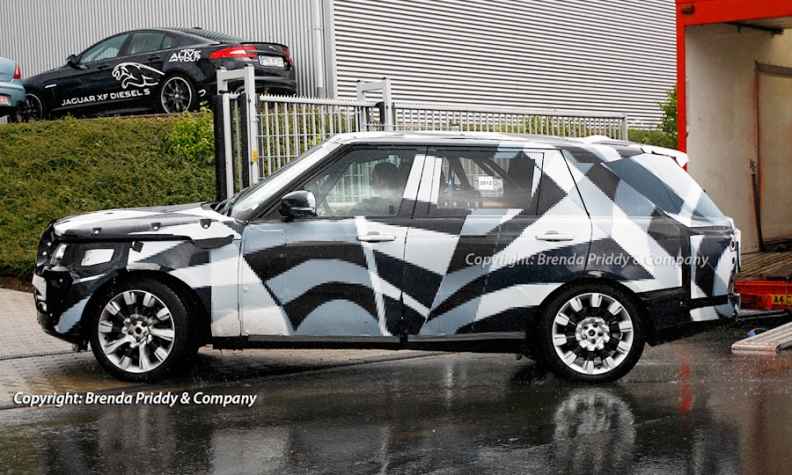
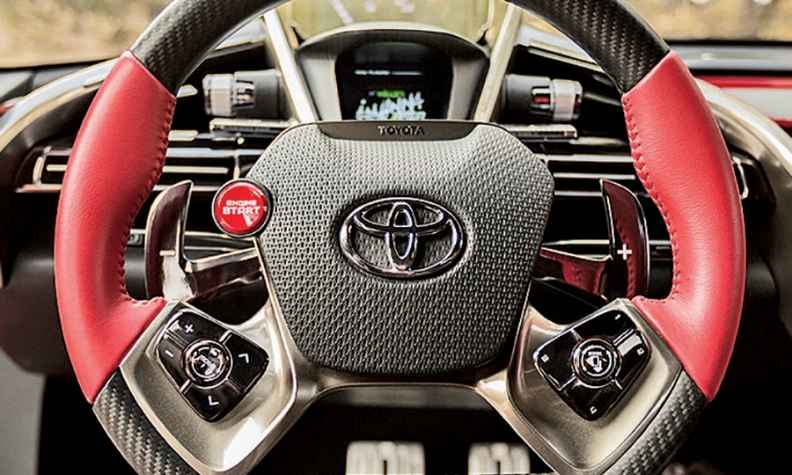
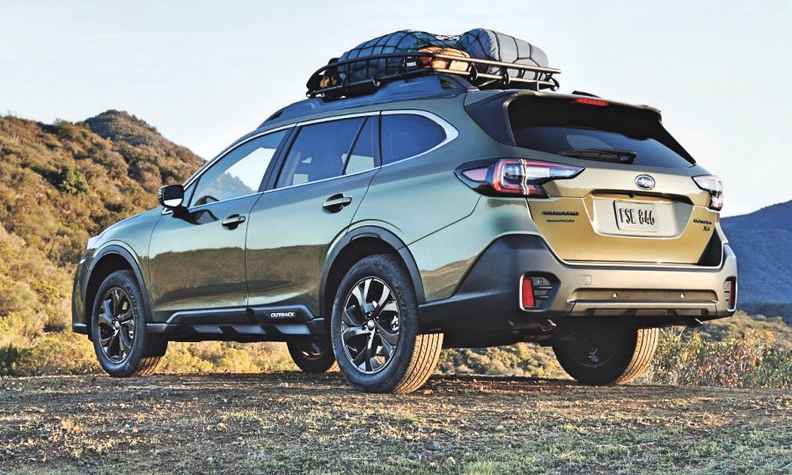
Post your comment